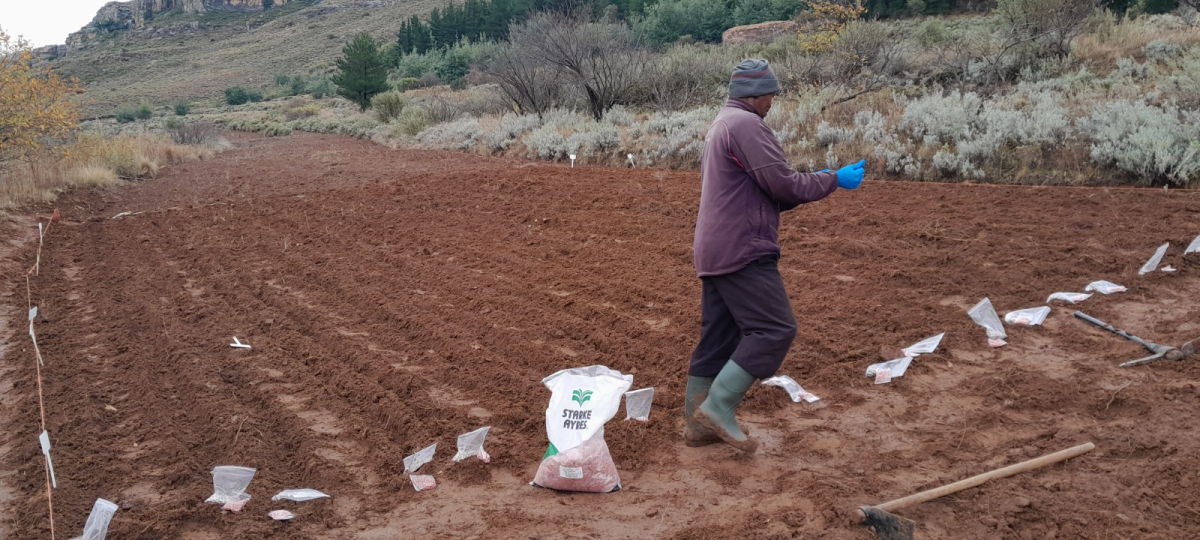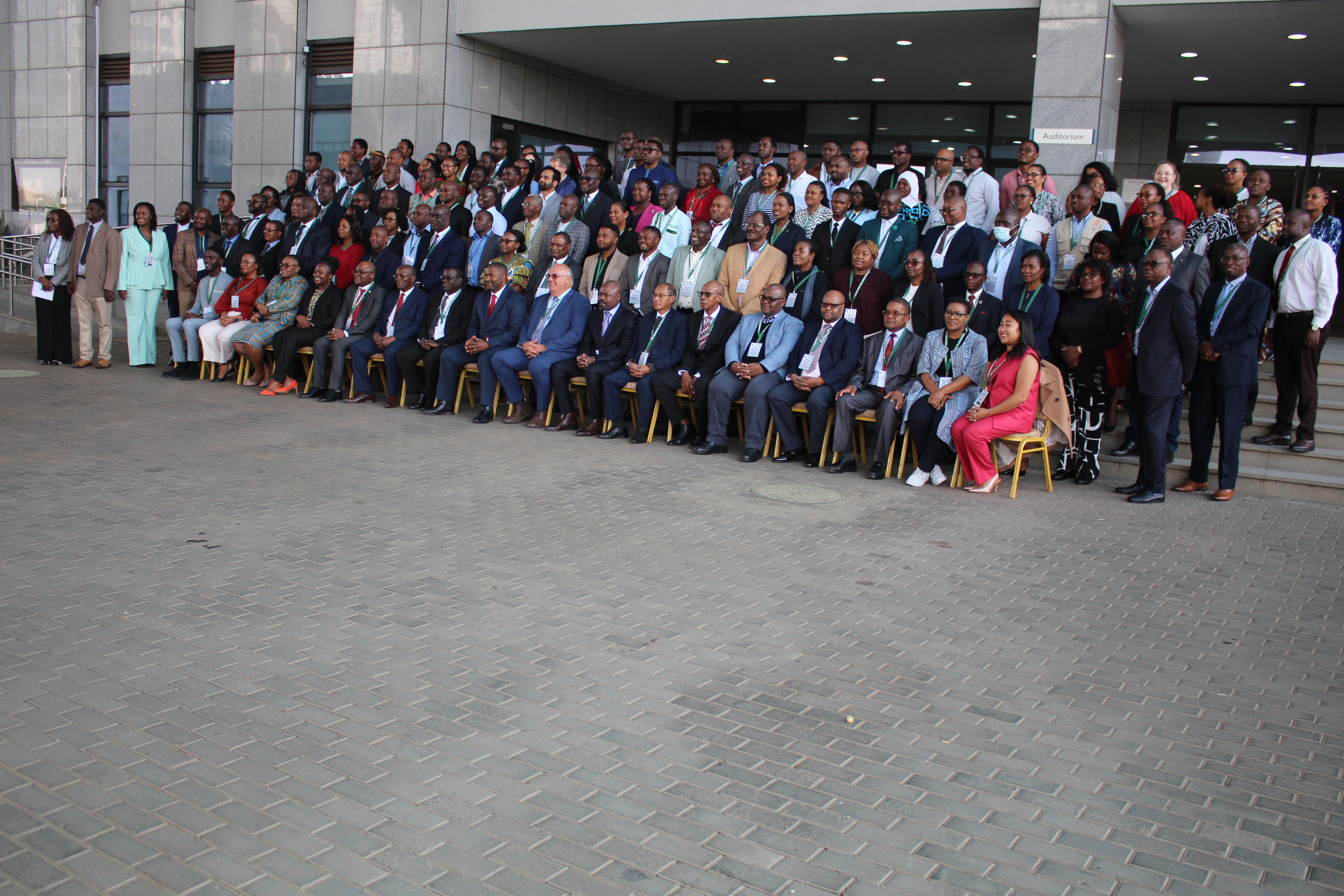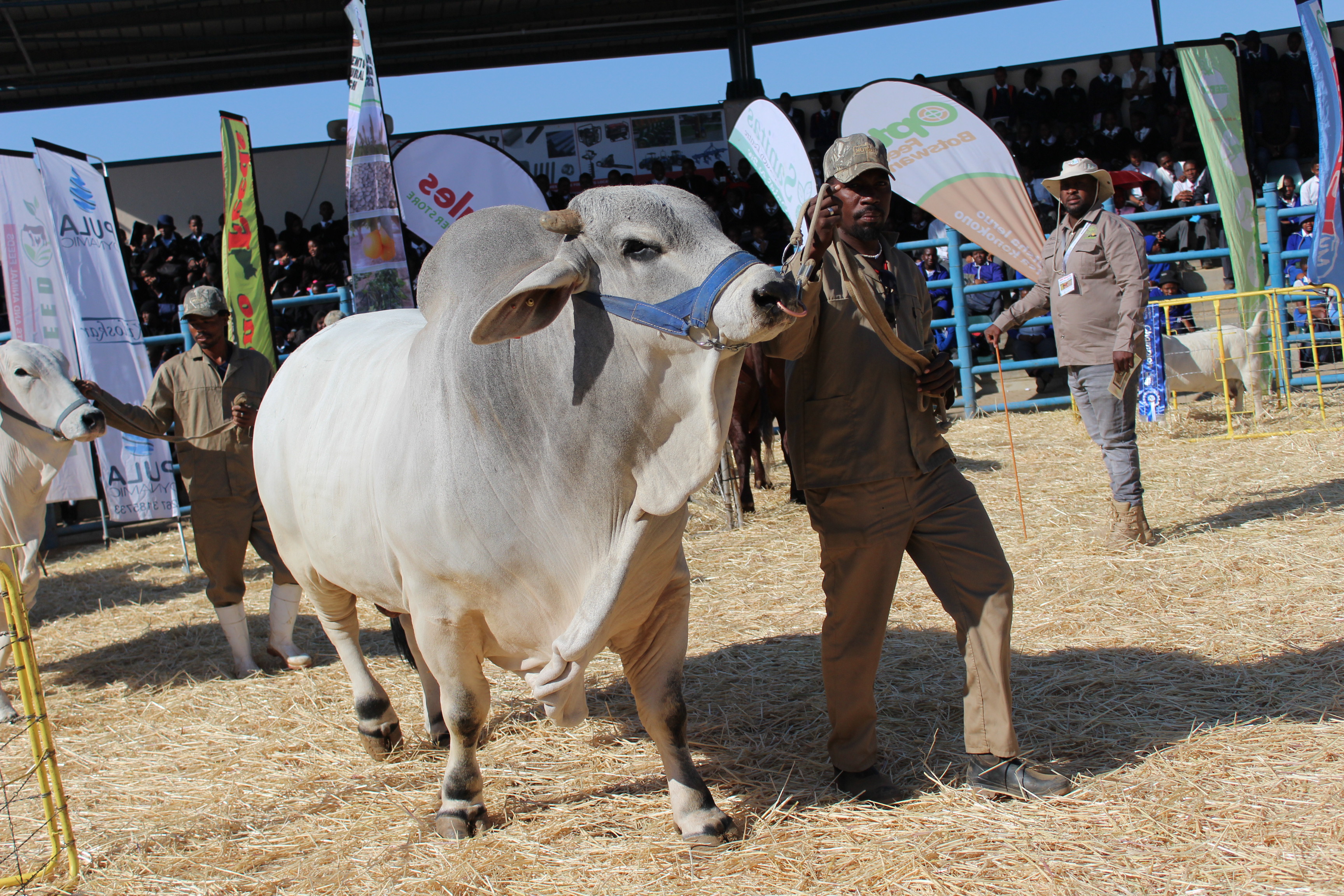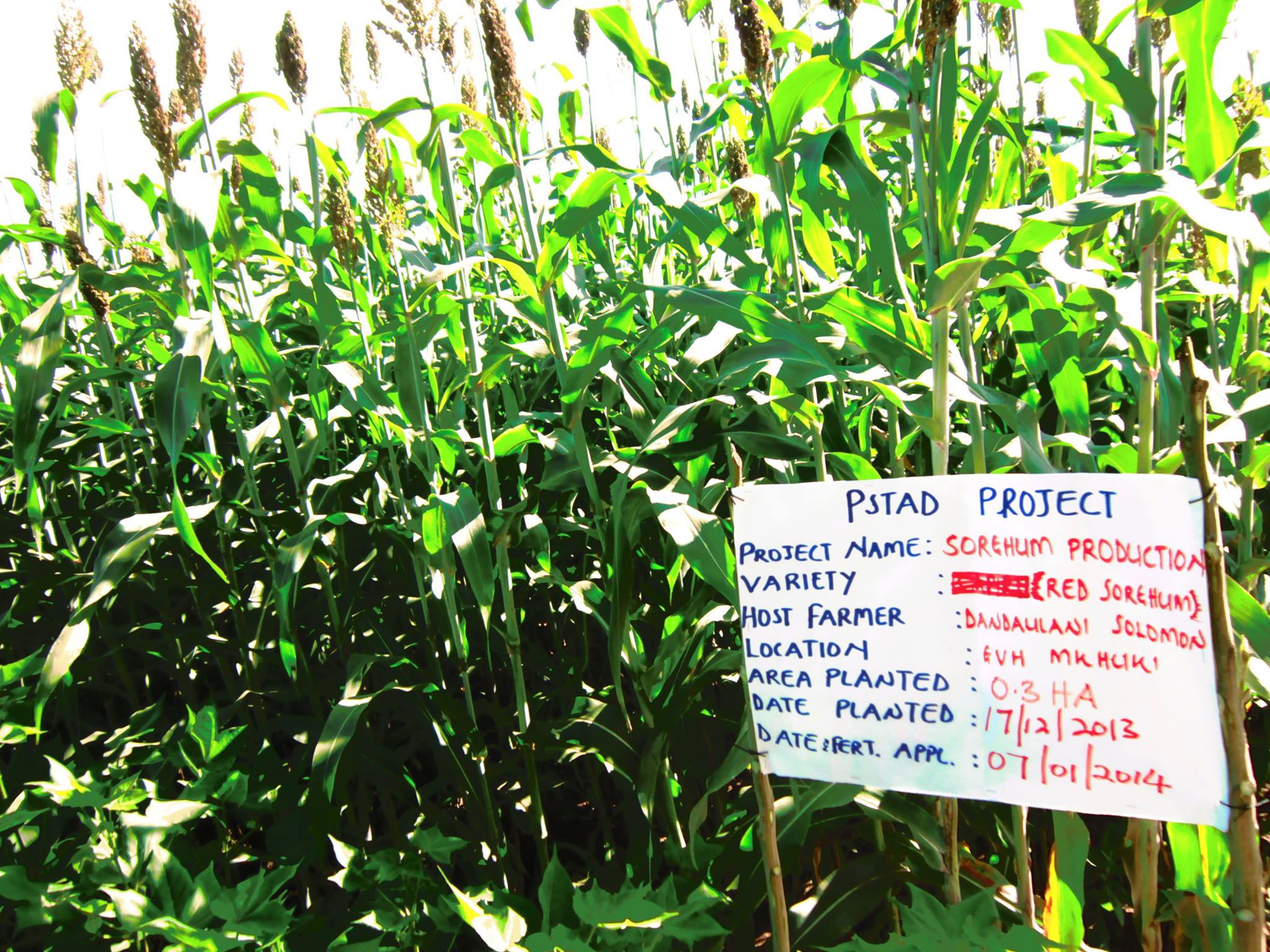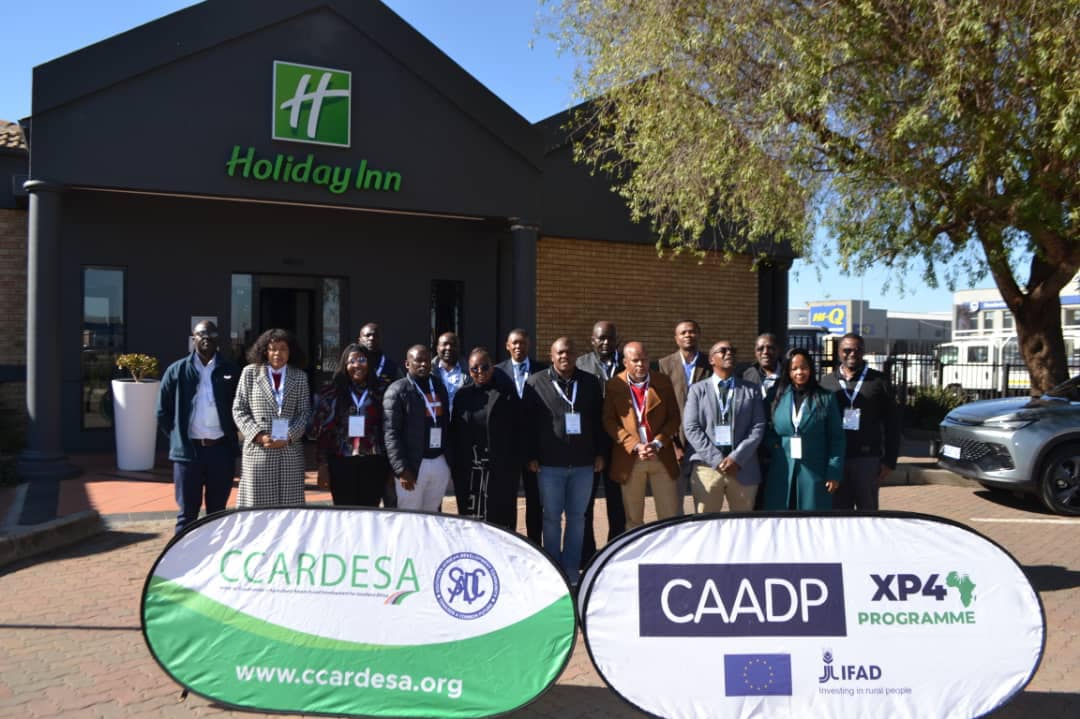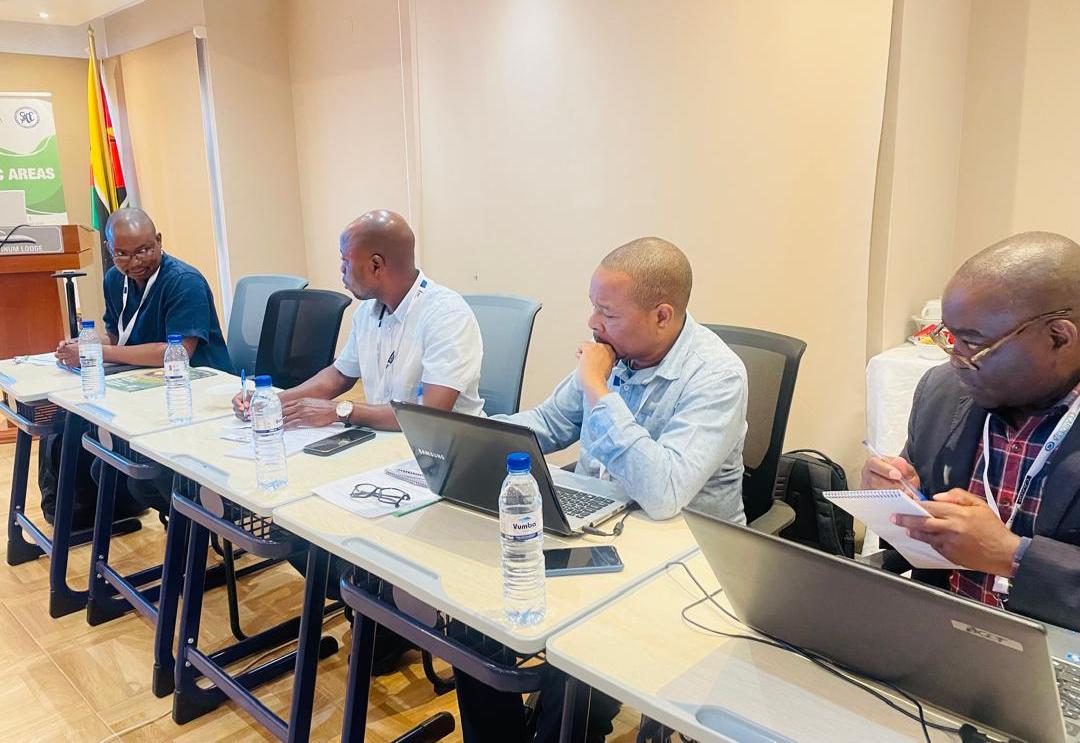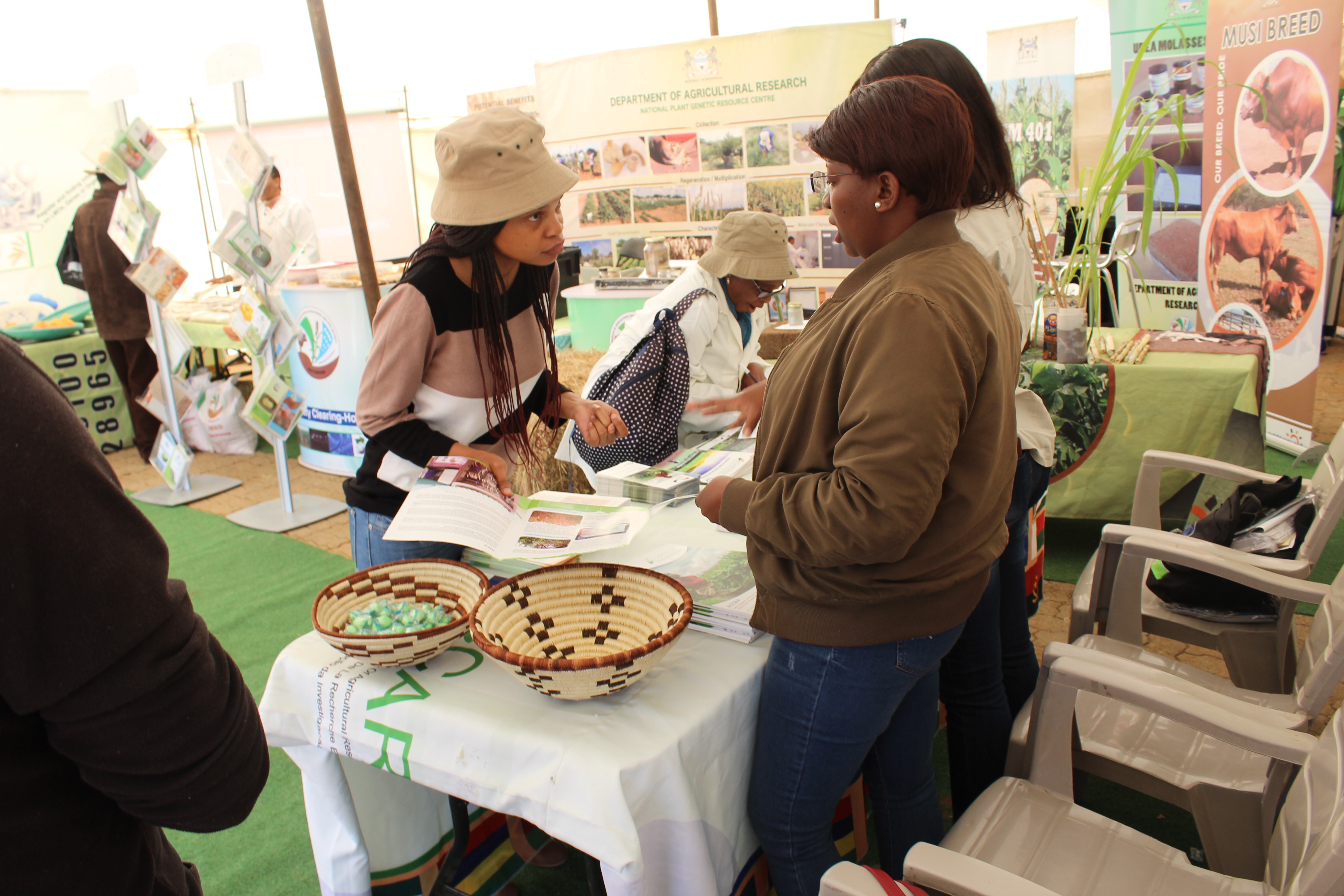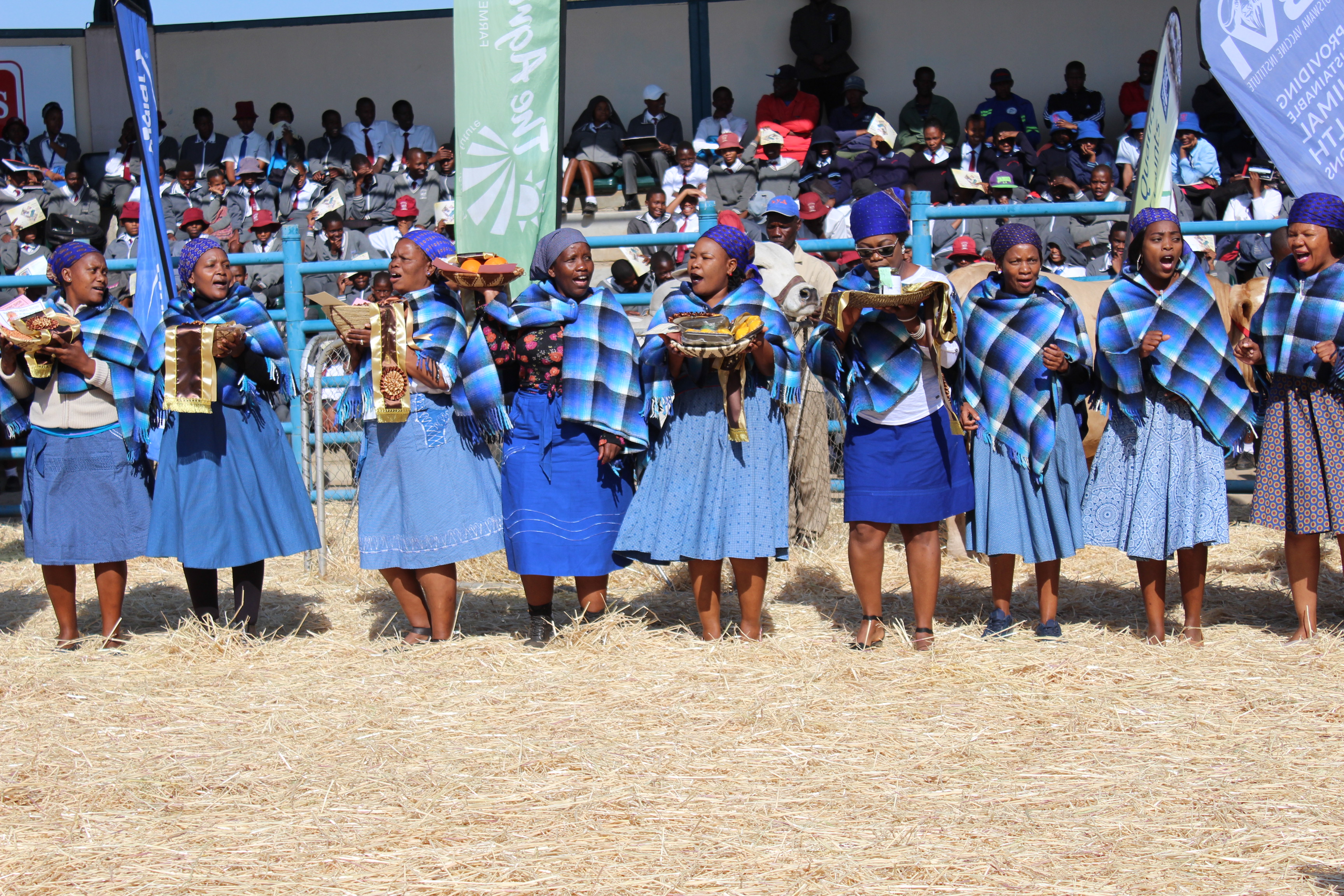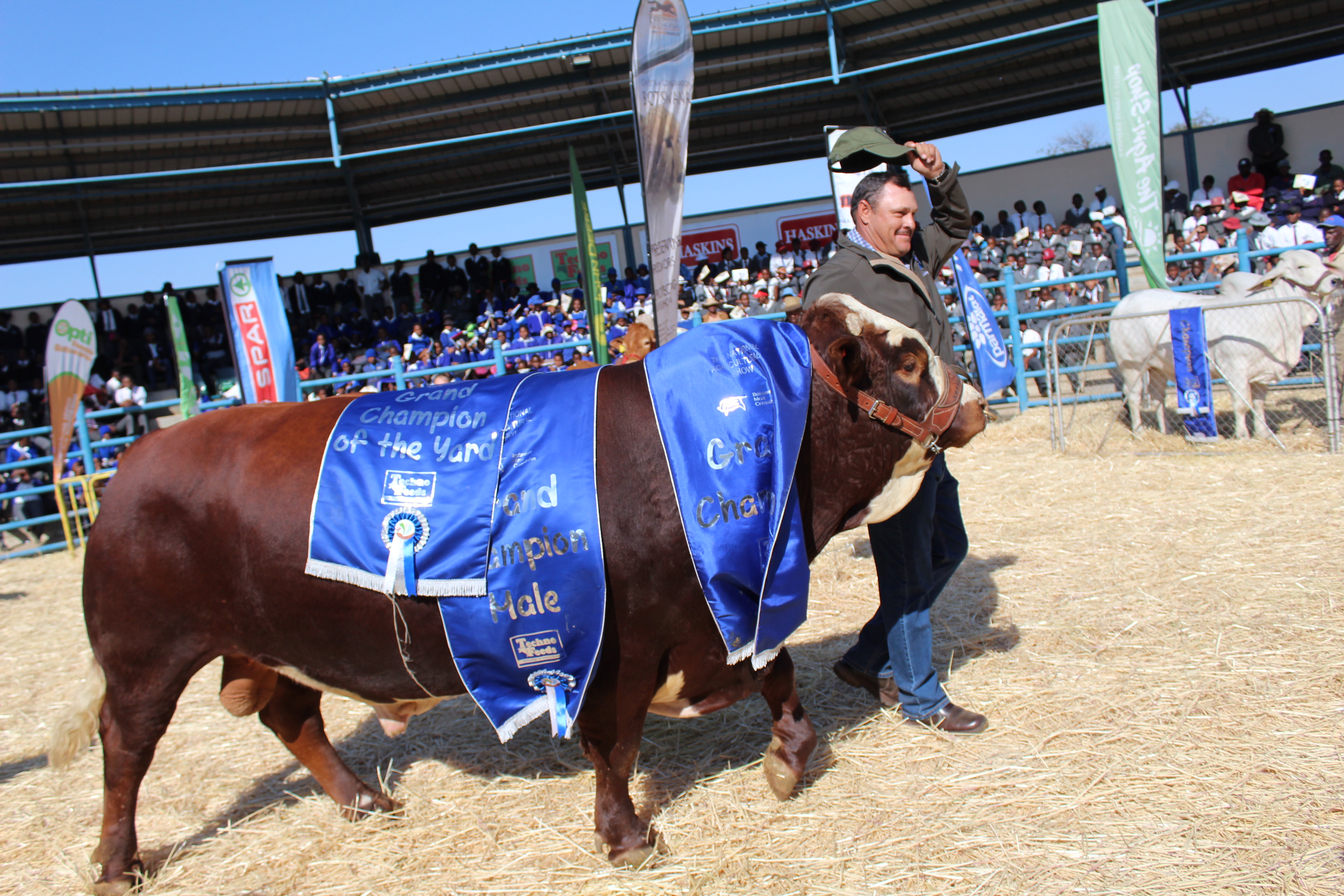Co-authors
Anton Cartwright, Gregg Oelofse, Darryl Colenbrander, Anna Taylor, Lucinda Fairhurst and Geoff Brundrit.
Description/Abstract
The Cape coastline faces into a turbulent ocean. Climate change will make this naturally stormy sea all the more formidable. Cape Town has inherited a complex space to manage: land reclaimed from the sea for forts and harbour walls; towering residential flats lined with cemented promenades; economically critical ports and railway lines; ecologically sensitive beaches, dunes and river mouths; and a legacy of dispossession of black South Africans, and privileged access for wealthy whites.
Increasingly stormy seas and higher sea levels are beginning to show up the existing fault lines in the engineered, social and institutional strata of this complex coastline. People working within the City of Cape Town (CoCT) today are making decisions about how to manage these vulnerable spaces – decisions that future generations will have to live and work with.
Short-term, piece-meal, opportunistic responses to the threat of stormier seas will only increase how vulnerable the built city, its inhabitants, economic activities, and the natural environment are. The City, lead by its Environmental Resource Management Department, is developing a rigorous coastal policy and management framework that will enable politicians, managers and residents to respond consistently and appropriately as they are confronted with an uncertain, dynamic, climate-altered future.
This booklet presents research done by the University of Cape Town’s African Centre for Cities, the Stockholm Environment Institute and partner institutions, working closely with the City of Cape Town, to explore ways to manage changing coastal risks
Other Partners
International Development Research Centre and the United Kingdom Departmentfor International Development, African Centre for Cities and Department of Environmental & Geographical Science at the University of Cape Town (UCT), Environmental Resource Management Department,, City of Cape Town (CoCT), Stockholm Environment Institute (SEI)


